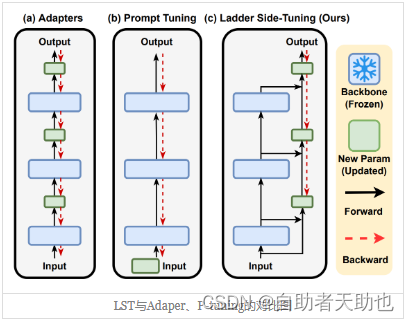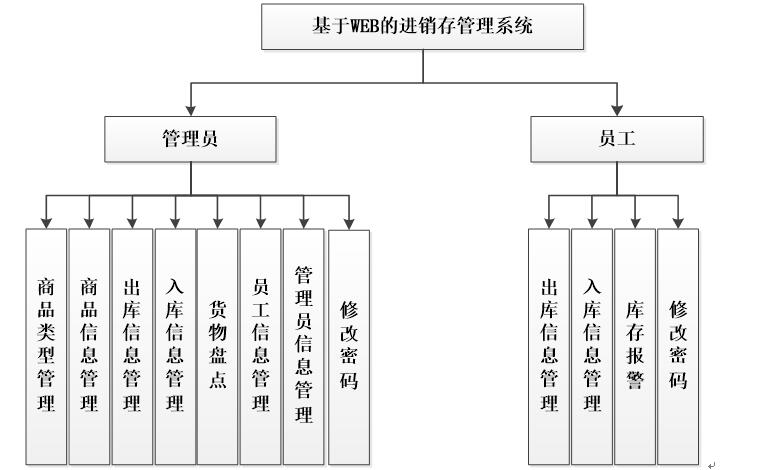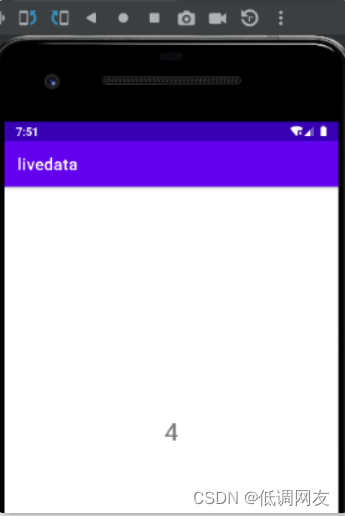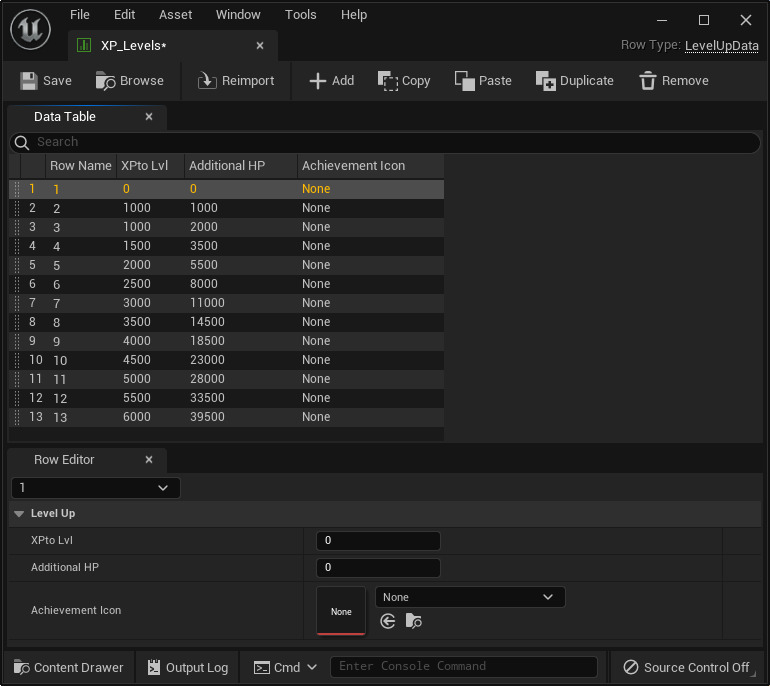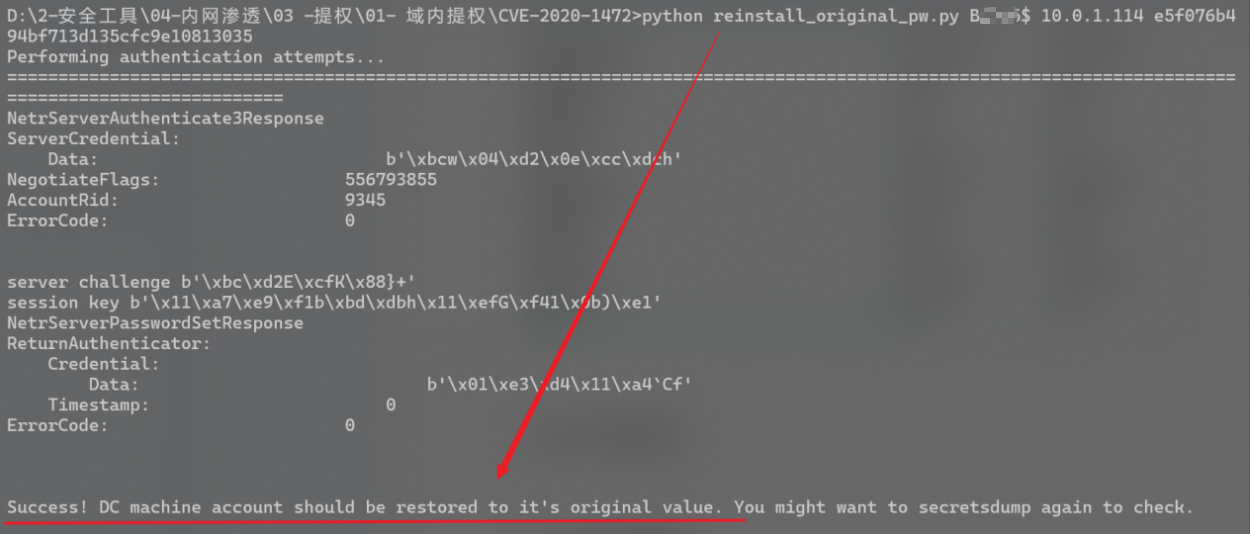本章主要以日期类为例,练习重载各种运算符,需要重点掌握:
1、日期类的<、 <=、 ==、>、 >=、 !=、重载
2、日期类的 +、 +=、-、-=、++、--、重载
3、日期类 - 日期类
4、日期类的 << 、>>重载
5、权限问题
目录
1、运算符<、 <=、 ==、>、 >=、 !=、重载
1.1运算符<重载
1.2 == 运算符重载
1.3 <= 运算符重载
1.4 >运算符重载
1.5>=运算符重载
2、日期类的 +、 +=、-、-=、++、--、重载
2.1+=运算符重载
2.1+运算符重载
2.3-=运算符重载
2.4-运算符重载
2.5--运算符重载
2.5.1前置--
2.5.2后置--
2.6++运算符重载
2.6.1前置++
2.6.2后置++
3、日期类-日期类
4、<< >>运算符重载
4.1<<流提取
4.2>>运算符重载
5、权限问题
我们按照文件分类,将声明和定义分开,方便程序阅读,移植。
1、运算符<、 <=、 ==、>、 >=、 !=、重载
在完成各重载函数之前,我们需要将日期类在头文件中定义完整, 构造函数,拷贝构造函数,等需要构造的,需要注意的是,对于默认成员函数,由于是日期类,并没有申请资源的操作,所其他的我使用的是默认的。代码如下所示:
class Date
{
//友元函数进行声明,方便在外面调用类成员
friend ostream& operator << (ostream& out, const Date& d);
friend istream& operator >> (istream& in, Date& d);
public:
//构造函数
Date(int year = 1, int month = 1, int day = 1);//类的成员函数一般默认为内联函数
//显示函数 比较短放在一起
void Print() const
{
cout << _year << "--" << _month << "--" << _day << endl;
}
//拷贝构造函数
Date(const Date& d)
{
_year = d._year;
_month = d._month;
_day = d._day;
}
//运算符重载
bool operator<(const Date& x)const;
bool operator==(const Date& x)const;
bool operator<=(const Date& x)const;
bool operator>(const Date& x)const;
bool operator>=(const Date& x)const;
bool operator!=(const Date& x)const;
//得到某个月份的天数
int GetMonthDay(int year, int month);
Date& operator+=(int day);
Date operator+(int day)const;
Date& operator-=(int day);
Date operator-(int day)const;
//前置++
Date& operator++();
//后置++
Date operator++(int);
//前置--
Date& operator--();
//后置--
Date operator--(int);
//对象 - 对象 (日期类 确定两个日期间有多少天)
int operator-(const Date& d) const;
private:
int _year;
int _month;
int _day;
};
ostream& operator << (ostream& out, const Date& d);
istream& operator >> (istream& in, Date& d);对于初始化函数,我们需要给定初值,并对初值进行合理判断,代码如下:
//构造函数
Date::Date(int year, int month, int day)
{
if (month > 0 && month < 13
&& day > 0 && day <= GetMonthDay(year, month))
{
_year = year;
_month = month;
_day = day;
}
else
{
cout << "非法日期" << endl;
assert(false);
}
}1.1运算符<重载
我们需要完成日期类的 <重载 具体的含义是希望实现日期类实例化对象之间的比较,分析一下,我们在比较内置成员变量的时候,我们是通过bool值确定,两个变量的大小,对象其实就是集成了,成员变量的大小。具体代码如下:
//<运算符重载
bool Date:: operator<(const Date& x) const
{
if (_year < x._year)
{
return true;
}
else if (_year == x._year && _month < x._month)
{
return true;
}
else if (_year == x._year && _month == x._month && _day < x._day)
{
return true;
}
else
return false;
}1.2 == 运算符重载
//==运算符重载
bool Date:: operator==(const Date& x) const
{
if (_year == x._year && _month == x._month && _day == x._day)
{
return true;
}
return false;
}1.3 <= 运算符重载
小于或者等于都满足条件,我们可以把上面两个运算符重载集成一下就成了 <=运算符重载,代码如下:
//<=运算符重载
bool Date:: operator<=(const Date& x) const
{
return *this < x || *this == x;
}1.4 >运算符重载
把<=取反就是>
//>运算符重载
bool Date:: operator>(const Date& x) const
{
return !( * this <= x);
}1.5>=运算符重载
//>=运算符重载
bool Date:: operator>=(const Date& x) const
{
return !(*this < x);
}1.6!=运算符重载
//!=运算符重载
bool Date:: operator!=(const Date& x) const
{
return !(*this == x);
}完成这些运算符重载,我们写个函数测试一下,代码如下
void TestDate9()
{
Date d1(2023, 5, 5);
d1.Print();
const Date d2(2023, 5, 9);
d2.Print();
;
cout<<( d1 < d2)<<endl;
cout << (d1 > d2) << endl;
cout << (d1 <= d2) << endl;
cout << (d1 >= d2) << endl;
cout << (d1 == d2) << endl;
cout << (d1 != d2) << endl;
}运行结果如下:
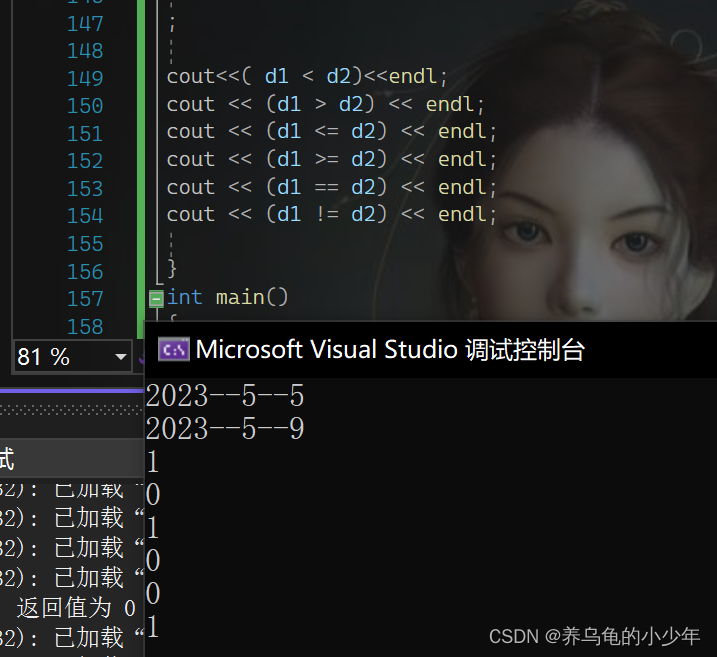
2、日期类的 +、 +=、-、-=、++、--、重载
对于日期类,我们可能期望 看到 在当前日期的基础上往后推移多少天,或者往前倒退多少天的日子,这个时候就产生了 +=、-=的运算符重载,当我们不希望当前日期被改变的时候,也就出现了 + 、-运算符重载,当然步长为1天的话,那就是++、--运算符重载。
我们要实现这些运算符重载,都得知道当前年份的月份天数,为了方便,我们写一个获取天数的函数,调用就行,具体代码如下:
int Date::GetMonthDay(int year, int month)
{
//设置成静态的话,每次进来就不会再开辟定义
static int monthday[13] = { 0,31,28,31,30,31,30,31,31,30,31,30,31 };
// 将判断月份写在前面,增加代码运行效率
if (month == 2 && ((year % 4 == 0 && year % 100 != 0) || (year % 400 == 0)))
{
return 29;
}
return monthday[month];
}2.1+=运算符重载
返回加完之后的天数,这里需要注意的是,在循环体内,应该先减去当月的天数,再进行月操作,,具体代码如下:
//日期类 +=天数
Date& Date::operator+=(int day)
{
if (day < 0)
{
return *this -= -day;
}
//加上天数
_day += day;
//判断天数
while (_day > GetMonthDay(_year, _month))
{
//应该先减去当月天数,下面代码会把月份改变
_day -= GetMonthDay(_year, _month);
++_month;
if (_month == 13)
{
_month = 1;
_year++;
}
}
return *this;
}2.1+运算符重载
不改变当前日期,所以我们需要定义一个对象,保存当前日期的值,然后对拷贝的对象进行操作,然后将值返回,因为是值返回,所以函数返回类型用Date,具体代码如下:
//日期类 +天数
Date Date::operator+(int day) const
{
//拷贝一个对象,对拷贝的对象进行操作
Date temp(*this);
temp += day;
return temp;
}2.3-=运算符重载
//日期类 -=天数
Date& Date::operator-=(int day)
{
if (day < 0)
{
return *this += -day;
}
//减去天数
_day -= day;
//判断天数
while (_day <= 0)
{
--_month;
if (_month == 0)
{
_month = 12;
--_year;
}
_day += GetMonthDay(_year, _month);
}
return *this;
}2.4-运算符重载
Date Date::operator-(int day) const
{
//拷贝一个对象,对拷贝的对象进行操作
Date temp(*this);
temp -= day;
return temp;
}2.5--运算符重载
需要注意的是,对于--的运算符,有前置--和后置--我在类和对象(中)介绍过前置和后置如何在重载时候区分的 这里我就不再赘述。
2.5.1前置--
//前置--
Date& Date::operator--()
{
*this -= 1;
return *this;
}2.5.2后置--
Date Date::operator--(int)
{
Date temp(*this);
temp -= 1;
return temp;
}
2.6++运算符重载
2.6.1前置++
//前置++
Date& Date::operator++()
{
*this += 1;
return *this;
}2.6.2后置++
//后置++
Date Date::operator++(int)
{
Date temp(*this);
temp += 1;
return temp;
}写完这些函数,我们测试一下 具体代码如下
void TestDate9()
{
Date d1(2023, 5, 5);
d1.Print();
d1 -= 100;
d1.Print();
d1 - 100;
d1.Print();
d1 += 100;
d1.Print();
d1 + 100;
d1.Print();
d1--;
d1.Print();
d1++;
d1.Print();
--d1;
d1.Print();
++d1;
d1.Print();
}运行结果如下: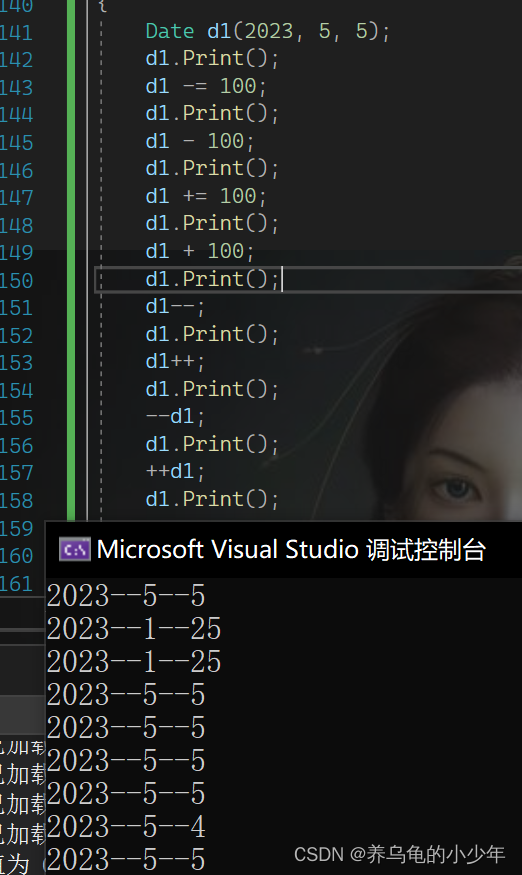
3、日期类-日期类
当我们想获取两个日期之间的天数的时候,就得用到-重载, 我们可以利用判断两个日期谁大谁小,然后利用小的日期累加,直到加的跟大日期一样,中间类加的次数,就是天数。具体代码如下:
// d1 - d2
int Date:: operator-(const Date& d) const
{
int flag = 1;
Date max = *this;
Date min = d;
if (*this < d)
{
max = d;
min = *this;
flag = -1;
}
int count = 0;
while (min != max)
{
++count;
++min;
}
return flag * count;
}
调用测试一下 代码如下:
void TestDate6()
{
Date d1(2023, 5, 5);
Date d2(1949, 10, 1);
cout << d1 - d2 << endl;
cout << d2 - d1 << endl;
}运行结果如下:
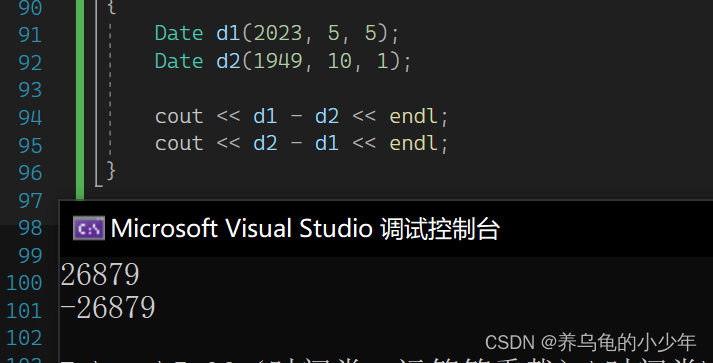
4、<< >>运算符重载
我们之前在只有内置成员的时候,使用cout cin 不用特地像c语言使用的 scanf和printf那样,需要指定 类型,这是为什么呢,因为c++库函数中 将<< >>重载了,能够识别不同类型也是因为函数重载,如下图所示: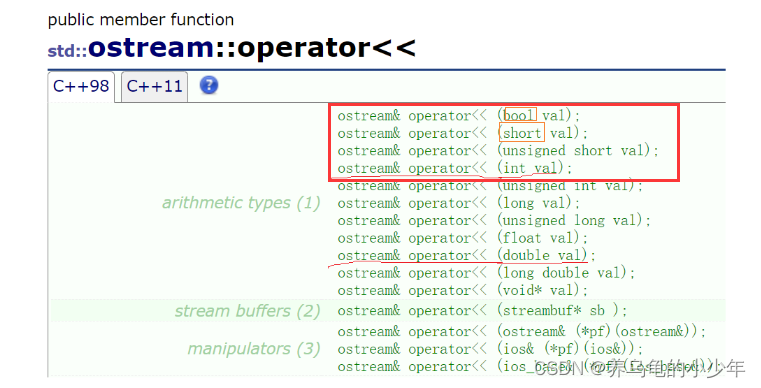
那对于日期类的 流插入,流提取,该如何实现呢?
4.1<<流提取
对于流提取,他没法写成成员函数,因为成员函数有隐藏指针*this 而且是const类型,这就导致了其不可被修改,那我们是不能往里写东西的,这时候,我们就要写在类之外了,写在类之外,该如何访问类成员变量呢?我们可以使用友元声明一下,让其可以被访问,声明如下:
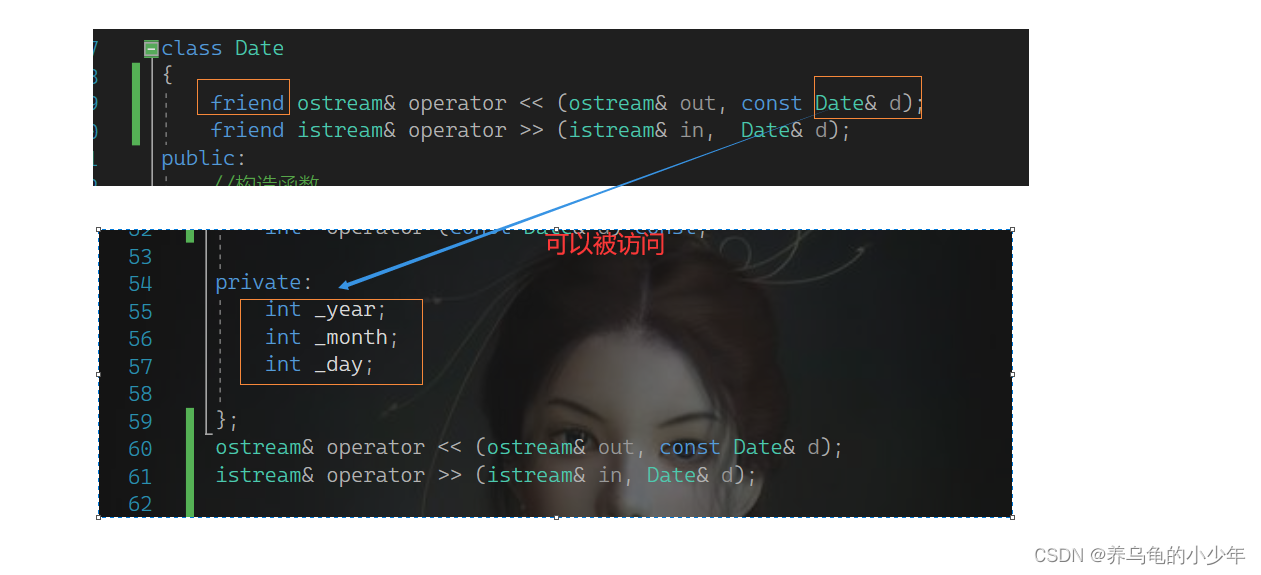
对于流提取还需要注意的是,当我们连续提取的时候,是从左往右执行的,我们完成一个提取,要将流返回,以供读取下一个成员具体代码如下:
//重载 流插入
ostream& operator << (ostream& out, const Date& d)
{
//c++支持 对内置类型的重载
//不同变量类型,是因为函数重载
out << d._year << "年" << d._month << "月" << d._day << "日" << endl;
return out;
}4.2>>运算符重载
// 重载 流提取
istream& operator >> (istream& in, Date& d)
{
int year, month, day;
in >> year >> month >> day;
if (month > 0 && month < 13 && day >0 && day <= d.GetMonthDay(year, month))
{
d._year = year;
d._month = month;
d._day = day;
}
else
{
cout << "非法日期" << endl;
assert(false);
}
return in;
}写完之后进行测试,测试代码如下:
void TestDate7()
{
Date d1(2023, 5, 5);
d1 += 100;
// 流插入
cout << d1; // operator<<(cout, d1);
Date d2(2023, 5, 5);
Date d3(1949, 10, 1);
//d1 = d2 = d3;
cout << d2 << d3 << d1;
cin >> d1 >> d2;
cout << d2 << d1;
//Date d4(2023, 13, 1);
//cout << d4;
}运行结果如下:
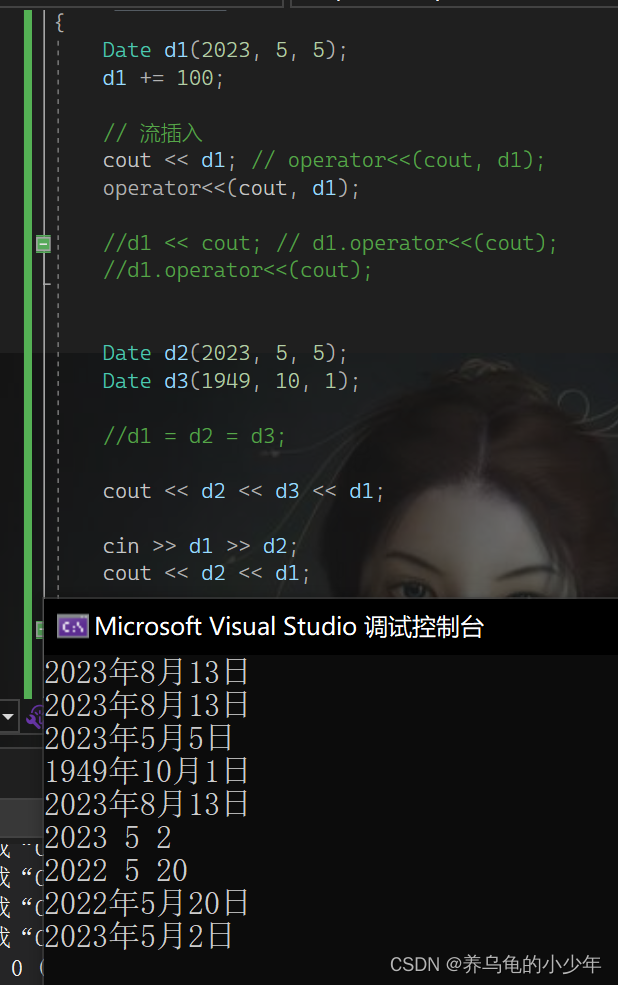
5、权限问题
我们之前说过,形参*this是const类型的 是不可以被修改的,如果我们在类实例化的时候,使用 cosnt Dae d 创建的对象,就会涉及到权限放大,将不可被修改的对象成员,赋值给可以被修改的变量,为了避免这样的问题,祖师爷涉及了一种方法,就是不会被修改的函数,我们都在后面加 const 这样,只会存在权限平移和权限缩小 不会存在权限放大,这就是为什么在头文件中会看到有的函数后面跟了const
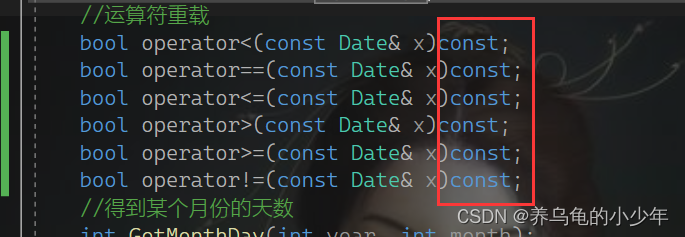
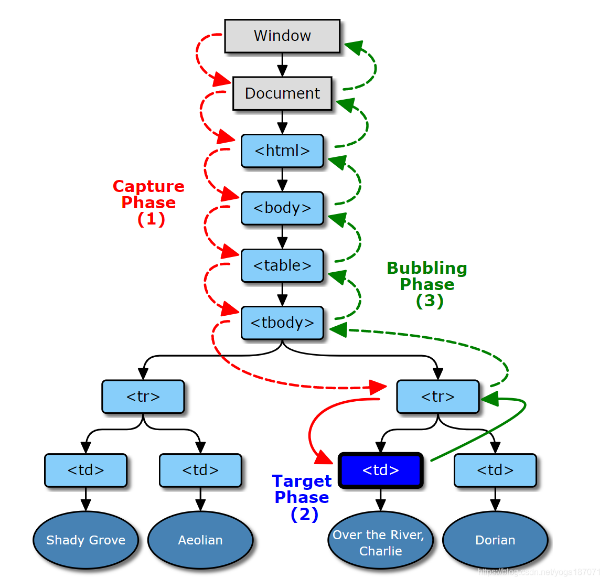


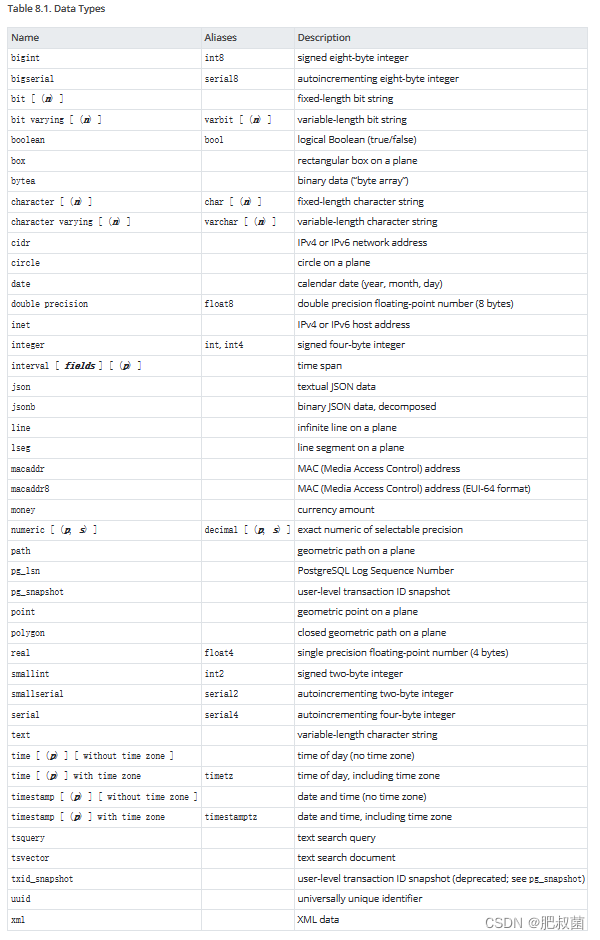
![[Gitops--12]微服务项目发布](https://img-blog.csdnimg.cn/1da895784f294d70ad21814b37a7d187.png)
